6 vie for 3 KIUC board seats
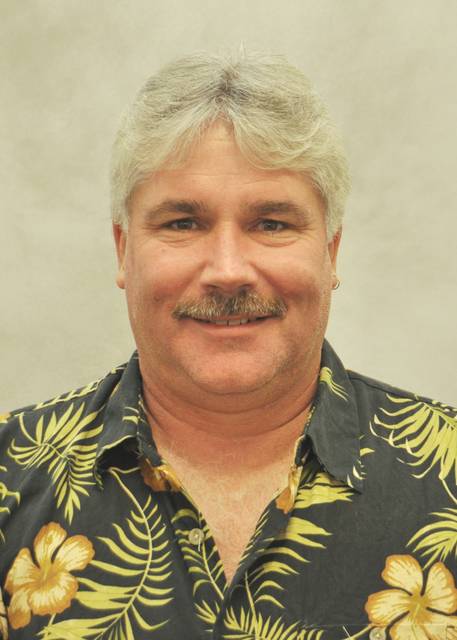
Photo courtesy of KIUC
Patrick Gegen
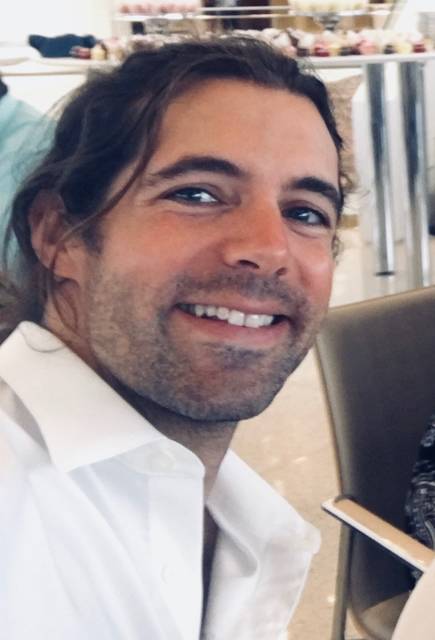
Photo courtesy of Lisa Erickson
Daniel Erickson
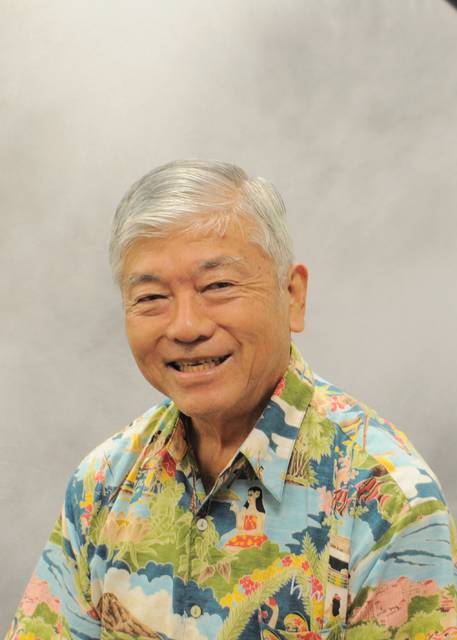
Photo courtesy of KIUC
David Iha
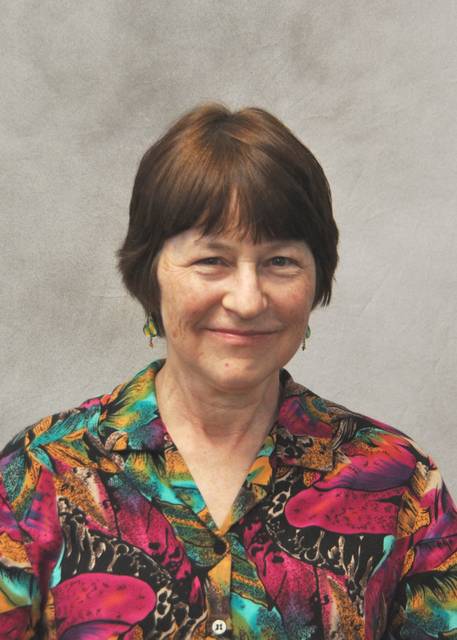
Photo courtesy of KIUC
Janet Kass
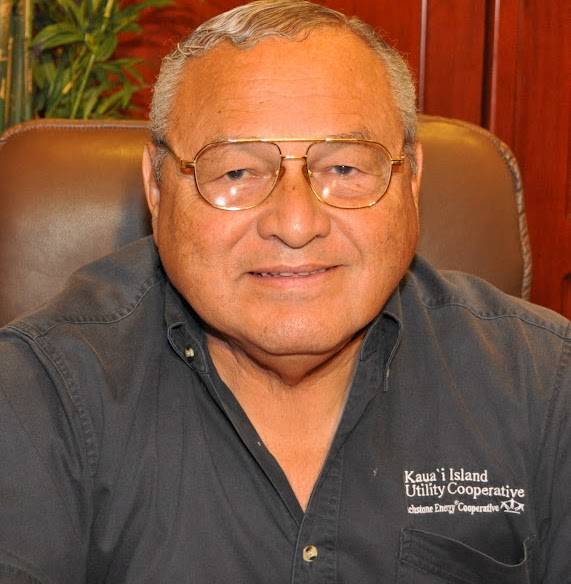
Photo courtesy of KIUC
Teofilo Tacbian
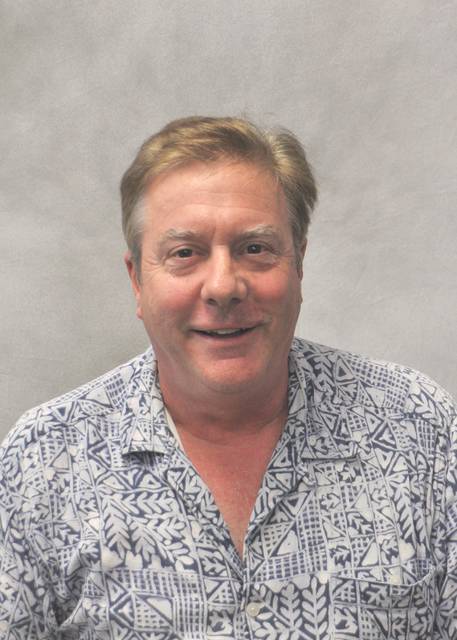
Photo courtesy of KIUC
Scott Giarman
LIHUE — Six qualified candidates are vying for three positions on the Kauai Island Utility Cooperative board. The nonprofit co-op, Hawaii’s only member-owned electric utility, is making progress towards its goal of using renewable resources to generate 70 percent of Kauai’s power by 2030.
LIHUE — Six qualified candidates are vying for three positions on the Kauai Island Utility Cooperative board. The nonprofit co-op, Hawaii’s only member-owned electric utility, is making progress towards its goal of using renewable resources to generate 70 percent of Kauai’s power by 2030.
There is no public forum scheduled to meet the candidates.
Election deadline to vote is Saturday at noon. Look for ballots in the mail; members can vote by paper, phone or online.
Here are the candidates, listed in alphabetical order:
Daniel Erickson
Daniel Erickson, the energy, sustainability and biofuel instructor at Kauai Community College, wants to be involved in decisions relating to implementation of energy generation technologies. He thinks KIUC provides a unique opportunity for members to have a voice in how their energy is produced.
“KIUC has done a solid job of getting us to 50 percent renewable energy production,” Erickson said. “These technologies utilize island resources instead of importing greenhouse gas emitting fossil fuels, which is the other 50 percent. My goal is increase electricity generation from island resources as quickly as possible, while respecting cultural views and maintaining a financially responsible co-op.”
“We can keep rates low by implementing the appropriate technologies as we move to a more sustainable grid,” Erickson added. “I feel my education and passion for energy science could be an asset to the board when making these decisions.”
Erickson is a big fan of the pumped storage technology.
“It is a relatively simple, cost-effective way to store solar energy for nighttime use without the need for batteries,” he said. “Also wave-energy technologies are beginning to be implemented around the world and is something to consider in the future as we expand our energy generation portfolio. “
Erickson says our grid is unlike the Mainland where everything is connected, and KIUC has a diverse portfolio of renewable energy and storage where people who use the energy have a say in how electricity is generated.
“We are not just an example for Hawaii and the United States but a global example of how to use, implement and manage many types of energy production methods on a standalone grid,” he said.
Patrick Gegen
Incumbent Patrick Gegen has been serving on the board for the last six years and is trained in National Rural Electric Co-op Association principles. He plans to continue moving toward cost-saving and environmentally friendly methods of electricity generation while being responsive to members.
“KIUC is becoming more renewable based. Rates are lower and more stable, and KIUC continues to provide reliable energy to members,” Gegen said. “We can keep our individual rates down the most by decreasing energy consumption and being as efficient as possible. Collectively we can keep rates low by using energy wisely, so KIUC doesn’t have to use its least efficient generators.”
For future renewable and sustainable energy generation, he feels the utility needs to continue looking at leading edge technologies without committing to unproven technologies that would put members’ interests at risk.
“We can only invest in renewable, or any other generation, if the financial and social benefits outweigh any negatives to members or our island community,” he said. “We do need to continue moving toward the goal of 100 percent sustainable energy as quickly as we can, while providing financial and community benefits.”
“KIUC is already being recognized for our achievements and is being asked to advise other island nations trying to replicate our success,” Gegen added. “KIUC also is gracious for the knowledge and information gained by collaborating and working with others.”
Scott Giarman
New candidate Scott Giarman from Connecticut received his MBA in not-for-profit management and believes he can do something important for the people of Kauai.
“Of primary importance is keeping electric rates low and increases as minimal as possible, or even decreasing them,” he said. “High electric rates hurt us all, but disproportionately it is the financially less well-off among us who really suffer. High rates also depress our economy and hinder job growth.”
Giarman says we have a responsibility to our planet to maximize taking advantage of renewable, sustainable energy sources, something in abundance on the island. “We need to achieve energy independence in case some calamity results in Kauai being cut off from air and barge service.”
He thinks we have an opportunity to lead the world in renewable resource utilization and should pursue all new and existing technologies that make sense for the island, as long as rates stay low.
“KIUC should seriously study the advisability of offering high-speed broadband internet service to our community,” Giarman said. “This can be done inexpensively through existing lines, and the profits should be used to offset electric costs, and thereby reduce electric rates to the citizens of Kauai.”
“As a non-profit cooperative, it is imperative that KIUC listen, and respond, to its members because what they do affects us all,” Giarman added.
David Iha
Incumbent David Iha wants to use the experiences he’s gained during 11 years as board director to provide a better energy future for our children and grandchildren.
“Providing reliable, renewable, and reasonable energy will improve the quality of life for our community,” he said.
According to Iha, Kauai has surpassed 40 percent in 2017, and the completion of the AES Distributed Energy Project in Lawai in 2019 will increase renewable energy to close to 60 percent. “I believe in continuing our progress to renewable energy.”
“I would like to see positive changes in engaging our members, especially in voter turnout for our elections,” Iha said. “Co-op members should increase its voter participation in our KIUC election and in our primary and general elections.”
One of the goals in the strategic plan is to hold controllable cost increases at or below the level of inflation while maintaining reliability. Recently, KIUC refinanced $130 million of debt, saving over $1 million a year, says Iha. The pricing for Kauai’s newest solar battery project of 11 cents per kWh will provide a downward pressure on rates.
“KIUC is currently working on a Westside project incorporating photovoltaic and pumped storage hydro technology that could provide 15 percent of our island’s energy needs,” he said. “When completed, this project is expected to serve our island’s energy needs for 100 years or more at a cost per kilowatt hour that is lower than the current cost of diesel.”
Iha believes Kauai is already setting an example for other island nations and the world.
“Our CEO David Bissell was asked to serve on an advisory panel assisting in the rebuilding efforts of the electrical system in Puerto Rico,” he said. “Interested parties from Japan, Okinawa, U.S. Mainland and other entities have visited KIUC to observe the progress we’ve made.”
Janet Kass
The only female candidate, Janet Kass hopes to serve the community in ways where her skills can be used best.
“I’m good at evaluating alternatives and making strategic decisions,” she said. “I would be able to serve the community with my expertise in electric utility matters, finances and governance.”
Kass recently retired from the position of chief financial officer at an electric cooperative in Michigan, where she researched, debated and pursued solutions to issues every electric utility faces.
“I know the issues, and I know the solutions that other electric utilities have chosen,” she said. “That perspective would then be combined with the perspectives of the other directors, who have a deeper knowledge of Kauai’s unique situation, history and needs.”
Kass is impressed by the formal strategic planning process that KIUC uses, as the appropriate mechanism for considering major changes.
“KIUC staff needs to choose when to invest, what fuels and technologies to pursue, and when to do it,” she said. “Contracts need to be negotiated wisely to obtain the best deal. Then there is diversification; an electric utility should spread its investment over a number of smaller generation plants and power purchase contracts, rather than ‘betting the farm’ on just one or two power plants or contracts.”
Kass believes diversification is needed to provide reliability. “We all want our electric lights to work, even when the sun isn’t shining and when the wind isn’t blowing.”
“If the Kauai community wants KIUC to explicitly provide education on adoption of sustainable, renewable energy to other island nations, that would need to be added to the strategic goals of the company,” Kass said. “It should only be done after appropriate consideration of the costs and benefits to the people of Kauai.”
Phil Tacbian
Incumbent Teofilo Phil Tacbian has been a member of the KIUC Board of Directors for the past 13 years. His plan is to remain ahead of the goal to use 50 percent renewable energy by the year 2023.
“We already set an example for other utilities in the country and the world when we launched our solar and battery power unit by Tesla in Kapaia in 2017,” Tacbian said. “This was the first utility scale solar/battery storage project in the world.”
Another similar project with solar/battery in the Koloa and Lawai area will be twice the size of the present unit in Kapaia, according to Tacbian.
And the utility has also set the wheels turning on a pump storage project in the Kokee, Polihale and Kekaha area.
“My goal now is to see these projects through to successful completion,” Tacbian said. “Doing so will fulfill my obligation to our members, today and tomorrow, to stabilize our electric rates and have reliable service.”

